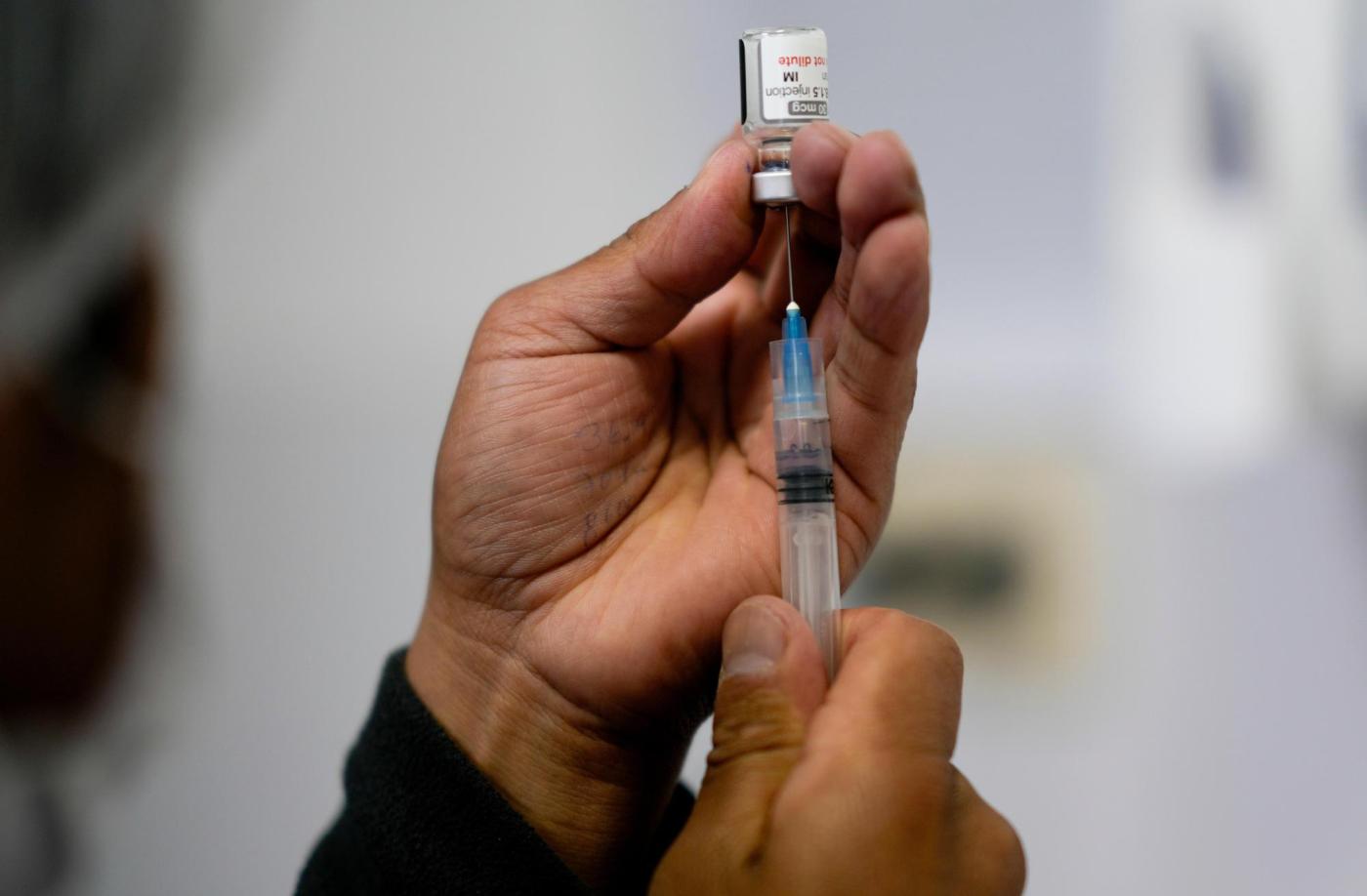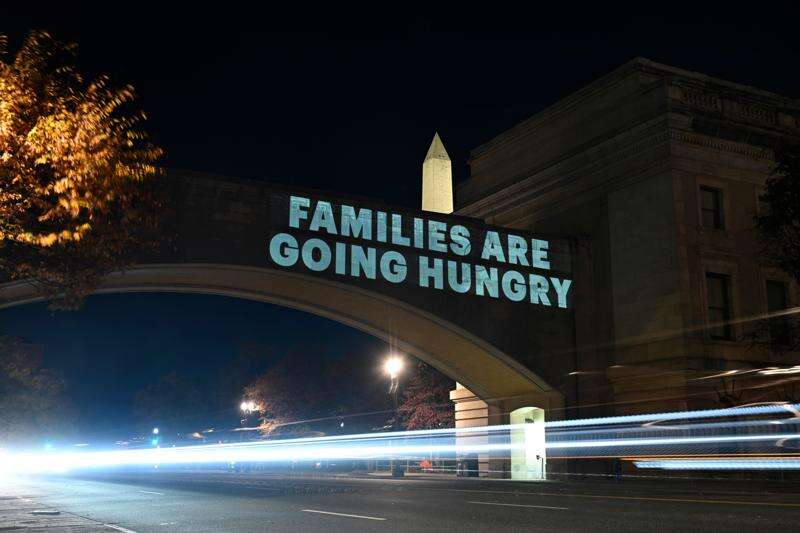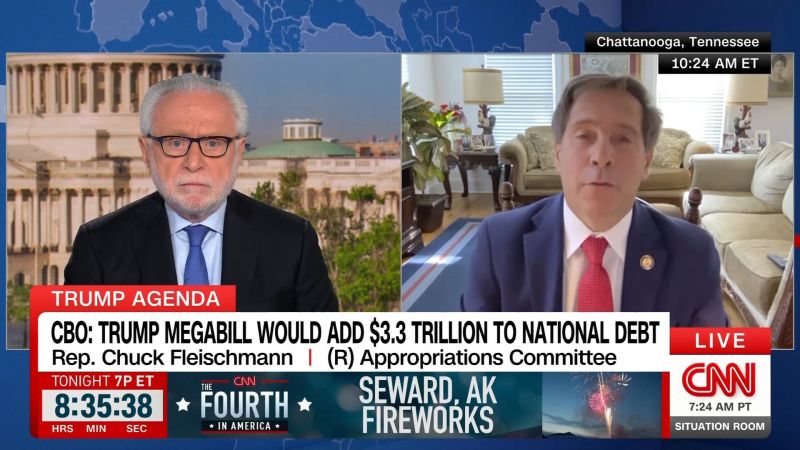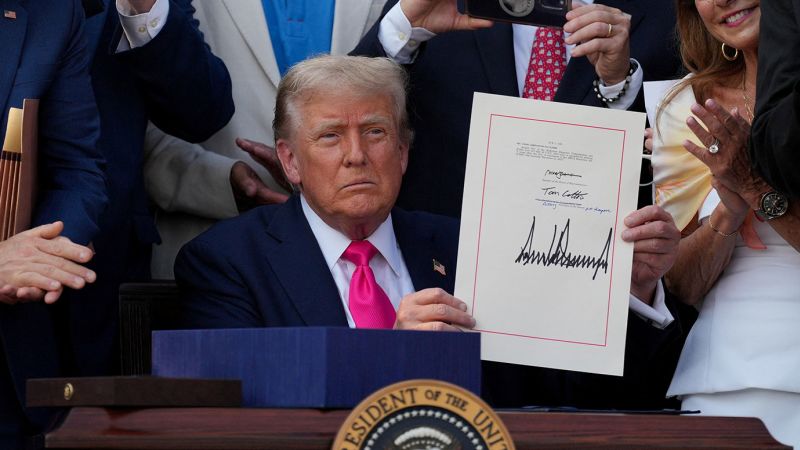NPR CEO Responds to Senate’s Narrow Vote on Public Media Cuts
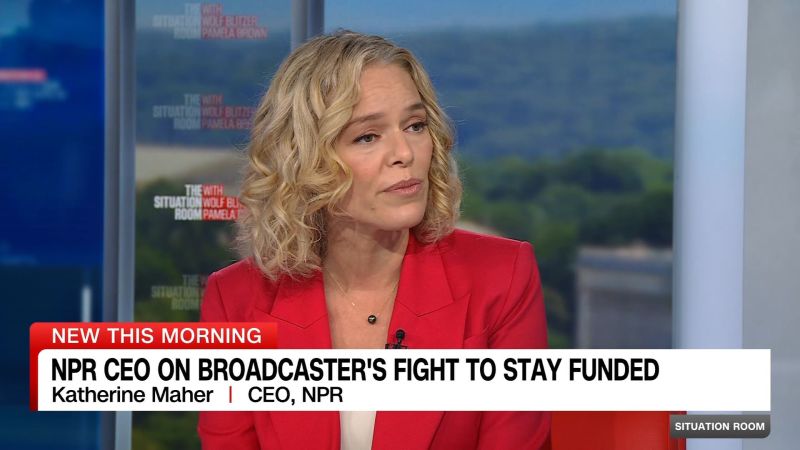
The United States Senate recently voted to advance a controversial package of funding cuts that could significantly impact public media. This decision, made on March 12, 2024, follows a request from former President Donald Trump and has raised alarms among public broadcasting advocates.
In a discussion on “The Situation Room” with hosts Wolf Blitzer and Pamela Brown, NPR CEO Katherine Maher expressed her concerns about the implications of these proposed cuts. She emphasized that the Senate’s razor-thin margin—only a few votes separating support from opposition—highlights the contentious nature of public funding for media.
The proposed cuts, should they be enacted, threaten to decimate funding for stations that rely heavily on federal support. Maher pointed out that public media serves as a vital resource for millions of Americans, providing news, cultural programming, and educational content. She stressed the importance of maintaining a diverse media landscape, stating that reductions in funding would disproportionately affect rural and underserved communities.
The Senate’s decision to move forward with the cuts comes as public media outlets face ongoing financial challenges exacerbated by the COVID-19 pandemic. Many organizations have already reported declining revenues from traditional funding sources, making federal support more critical than ever. In her interview, Maher urged lawmakers to recognize the essential role public media plays in fostering informed citizenry and community engagement.
As the debate progresses, Maher reiterated the need for public media to adapt and innovate, but she cautioned that significant cuts could undermine these efforts. She called for bipartisan support to ensure that public broadcasting remains a viable and accessible option for all citizens.
The situation remains fluid as discussions will continue in the Senate and the House of Representatives. The outcome of these negotiations will have lasting repercussions for the future of public media in the United States. In the meantime, Maher and others in the industry are mobilizing to advocate for the preservation of funding and the essential services that public media provides.

